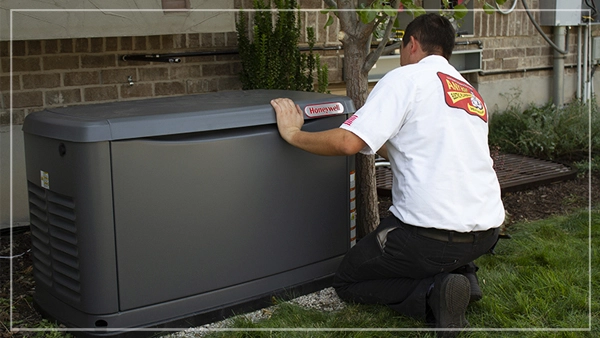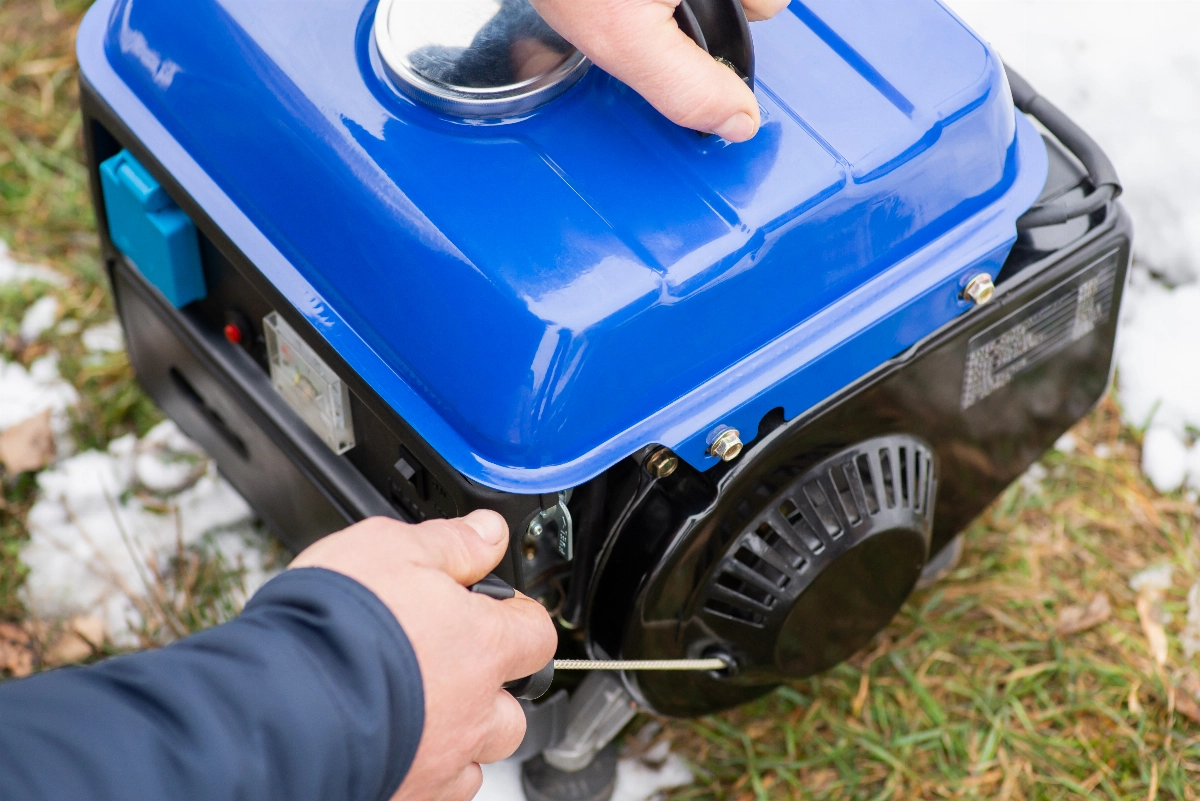Most people only think about a generator when the power goes out. That can force you into a hasty decision on a unit that might not be the right fit for your needs. It also means people are operating them for the first time, by flashlight, in crisis mode. This could damage your generator and even cause carbon monoxide poisoning. In this article, we'll give you a few things to consider when purchasing a generator. That way you can take your time and decide which type of generator is the right fit for you.
First of all, decide what your power priorities are. If the power goes out, are you hoping to keep a few things running, or to power your whole home? It's a good idea to make a list of your needs and wants and figure out how much energy it would take. Between a refrigerator and a few computers, you might use more power than you thought. That information should give you a good place to start looking at generators.
If you want a whole-home generator, you should have an electrician install a transfer switch. A transer switch connects your generator to your home’s circuit panel and makes it easier to use. It can also help protect you from shocks. It's also wise to consider what fuel you want to use. Gasoline and propane both have specific storage requirements, and using your home’s natural gas needs a professional to hook it up.

PORTABLE GENERATOR
Portable generators can be cheap and versatile. But it's important to remember that they need maintenance and gasoline to work. Gasoline storage can be dangerous, so be cautious. Carbon monoxide is another serious threat. That's why you should keep it at least 15 feet from your home, doors, or windows. Never use one in an enclosed space.
STANDBY GENERATOR
The home standby generator is your largest-capacity generator. These units are permanent, so an electrician should install them. That extra cost is something to consider when checking out your options. But if you choose to go with a standby generator you get a system that kicks on by itself when the power goes out. You can even choose whether to use propane or a direct hookup to your home’s natural gas line to run it.

In short, it's crucial to do your due diligence when considering generator options. Otherwise, you might end up without enough power. Worse, you might put your family at risk without realizing it. If you'd like a hand going over options for your home, Any Hour Services would be happy to help. One of our licensed electricians can help you calculate the amount of power you need. They can also help you decide if a portable or a standby option would work best for you and your situation. Give us a call or schedule an appointment online if you're interested.